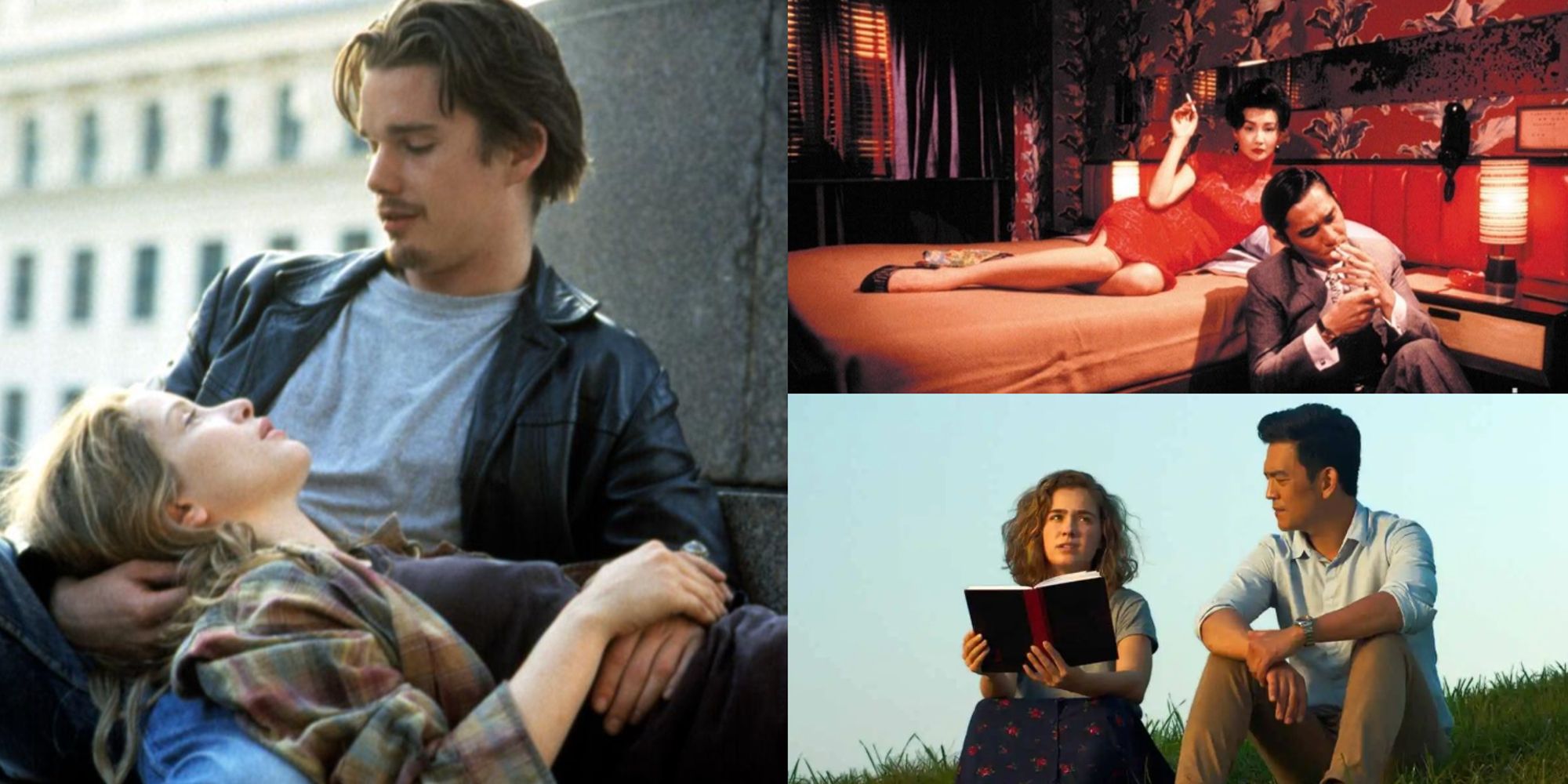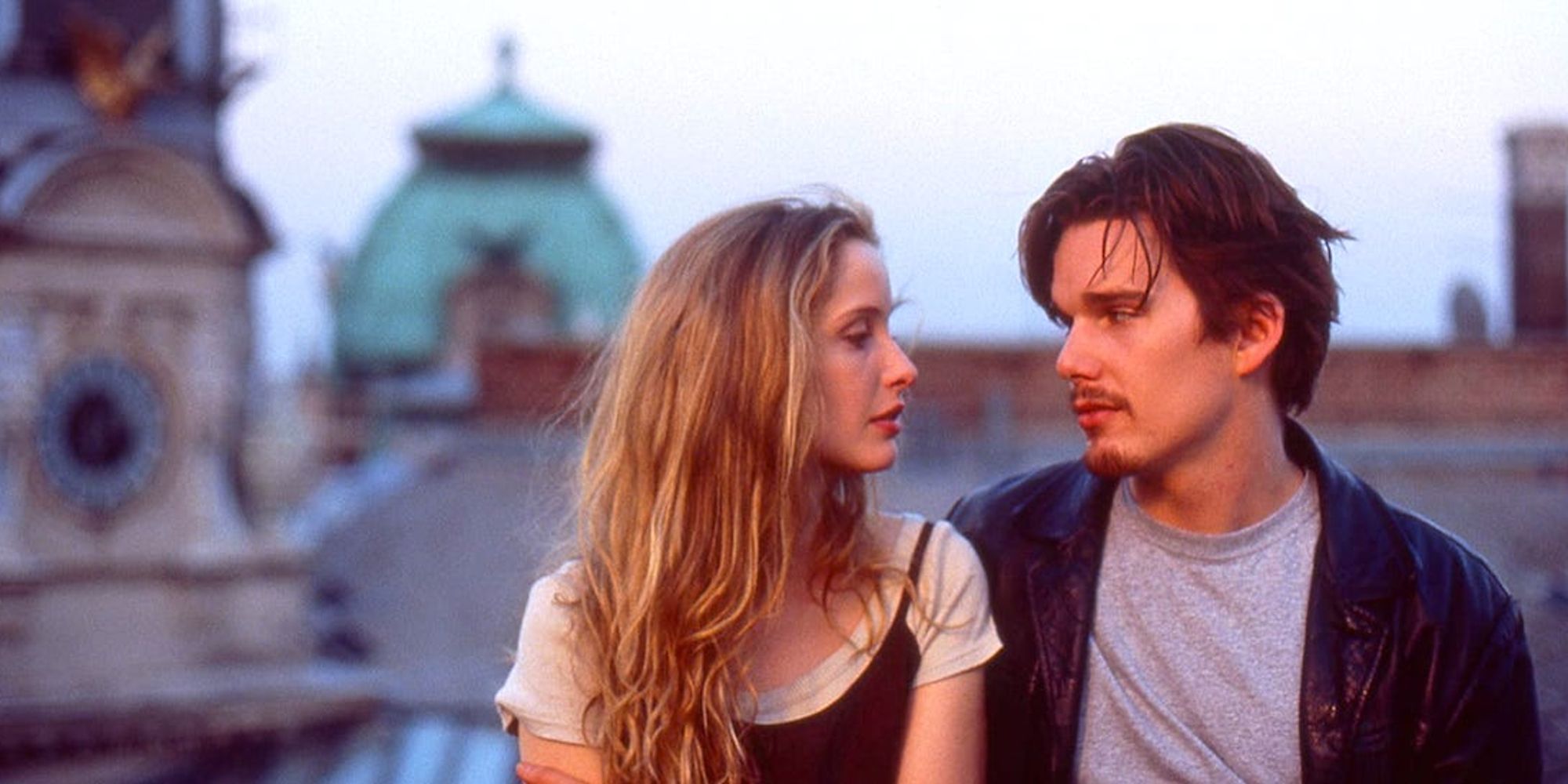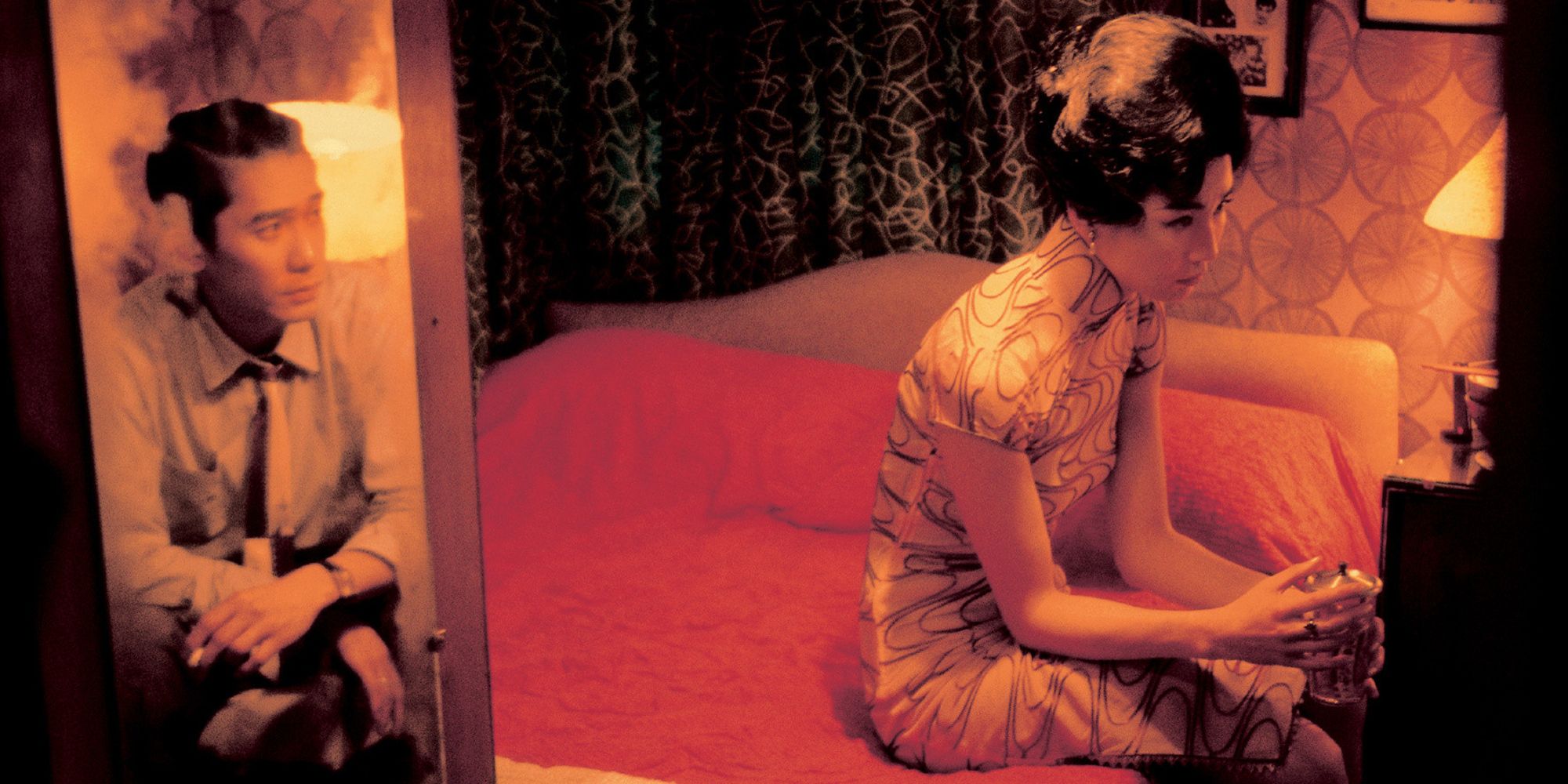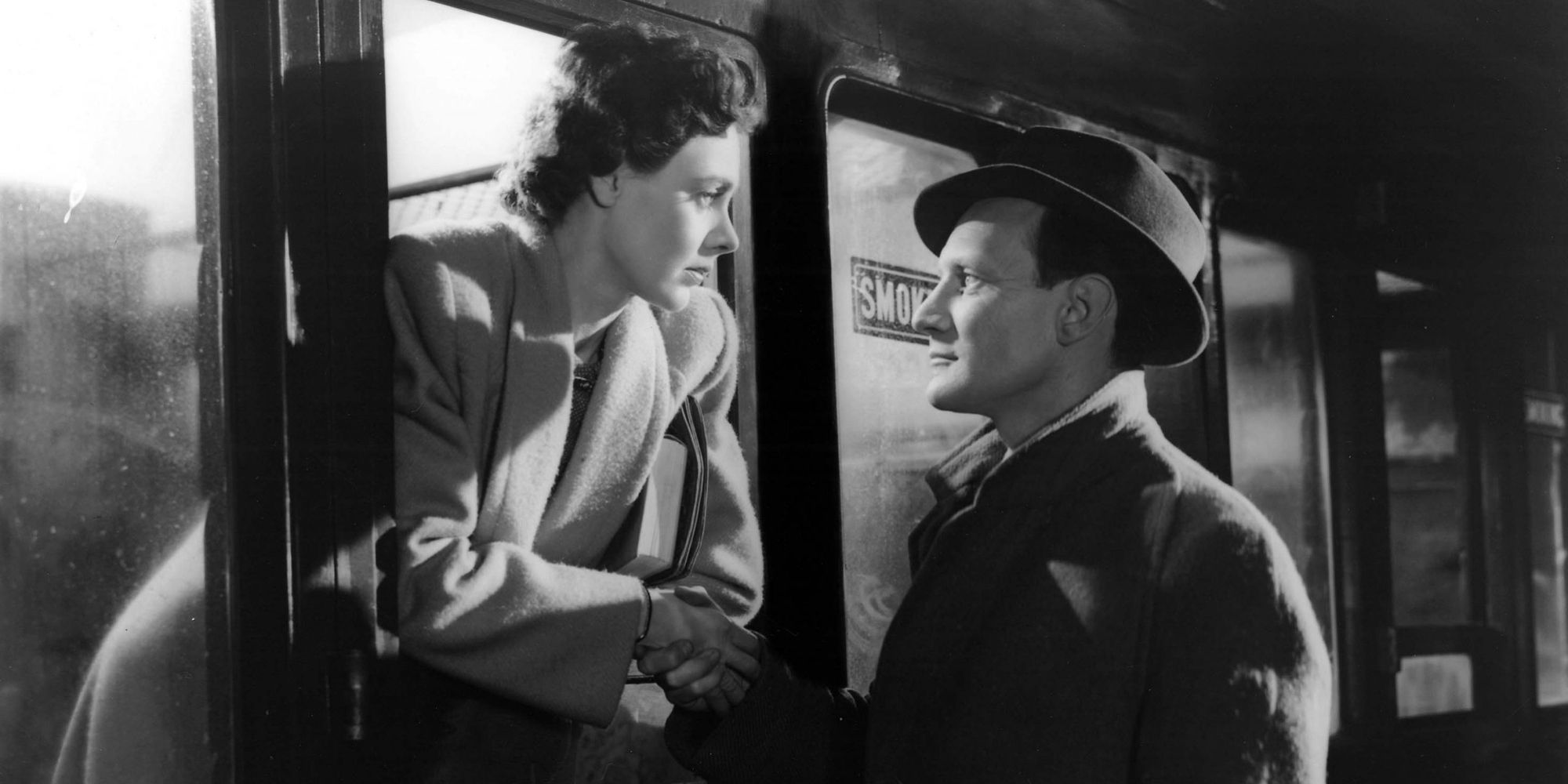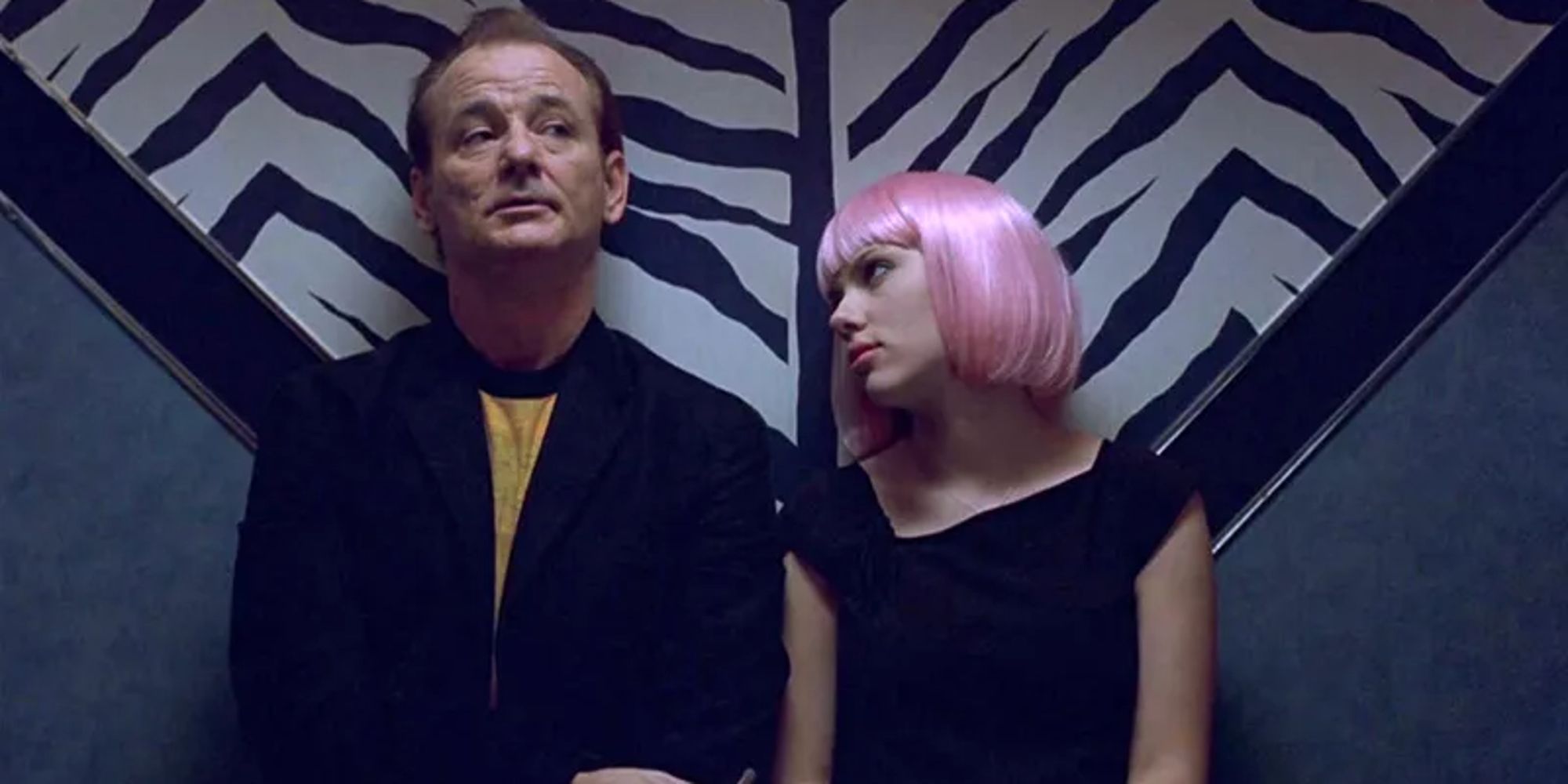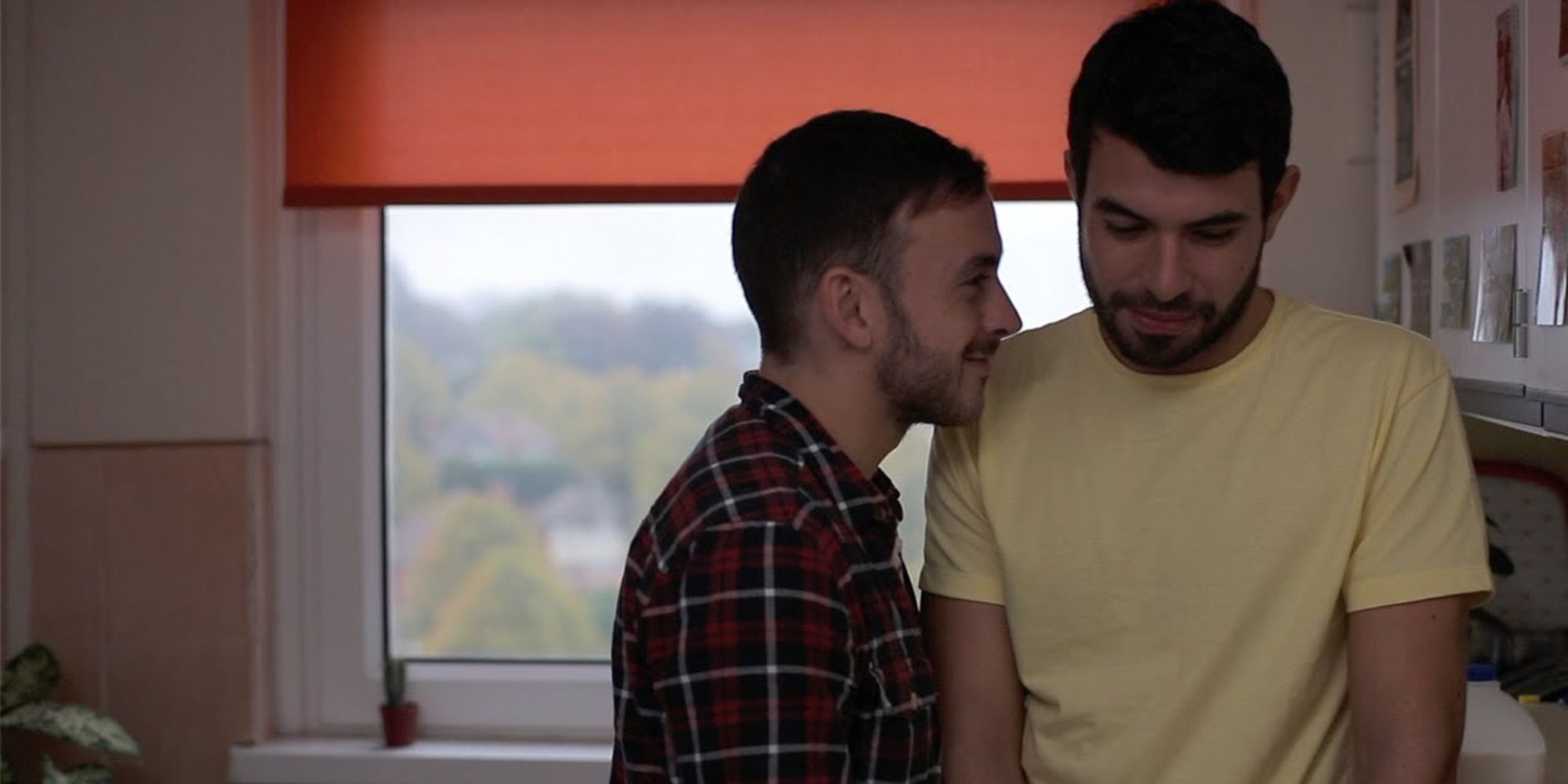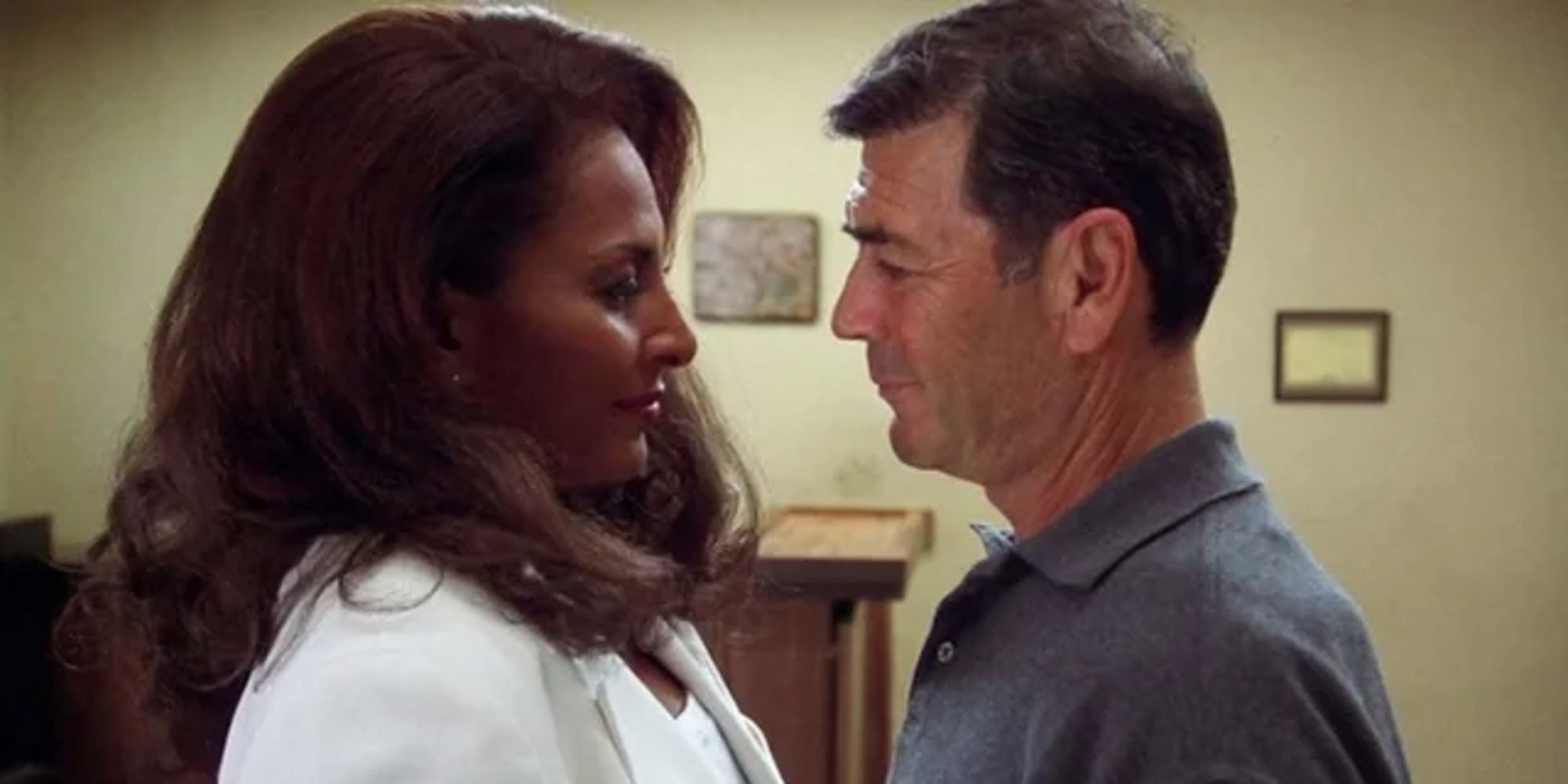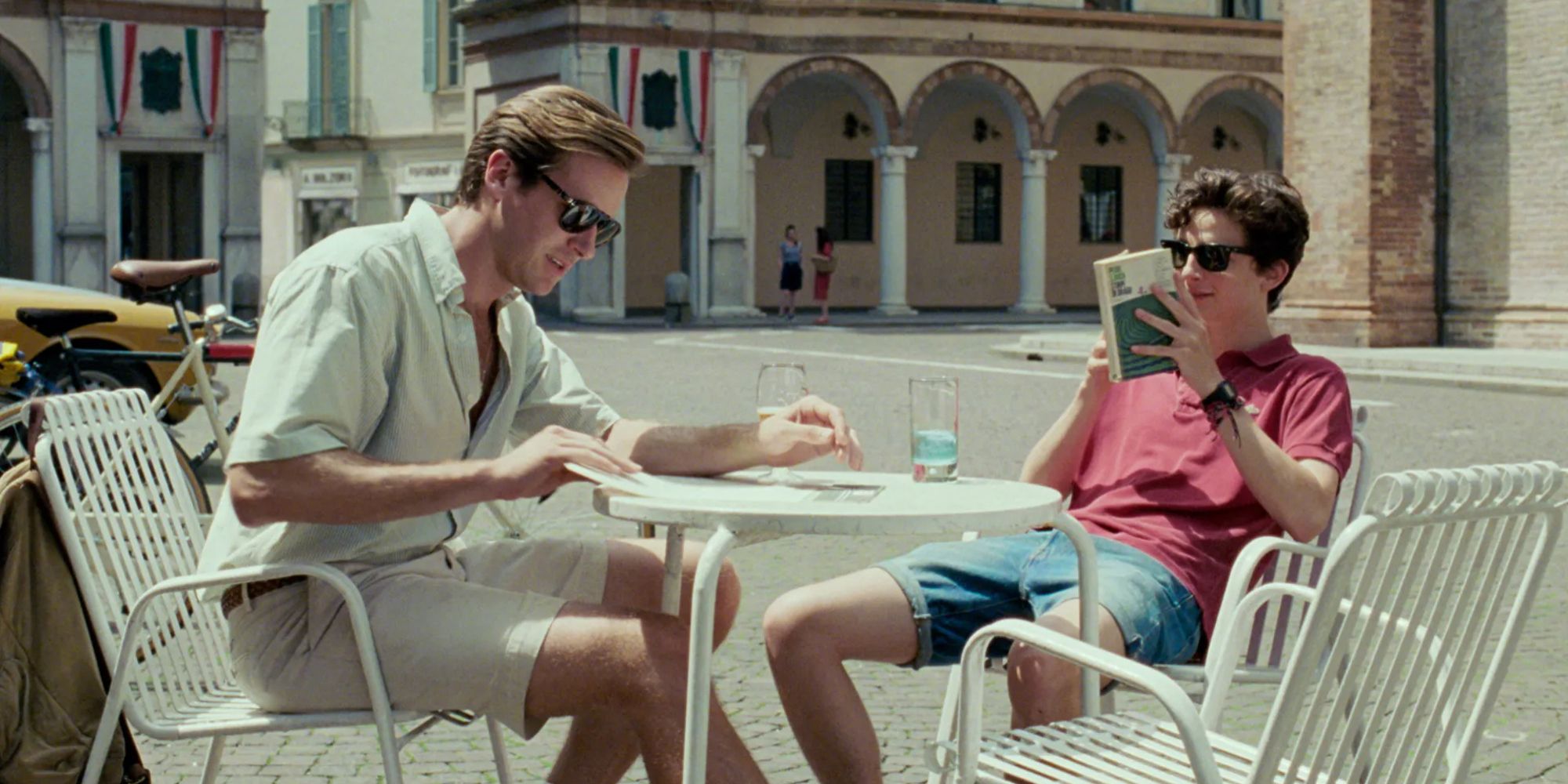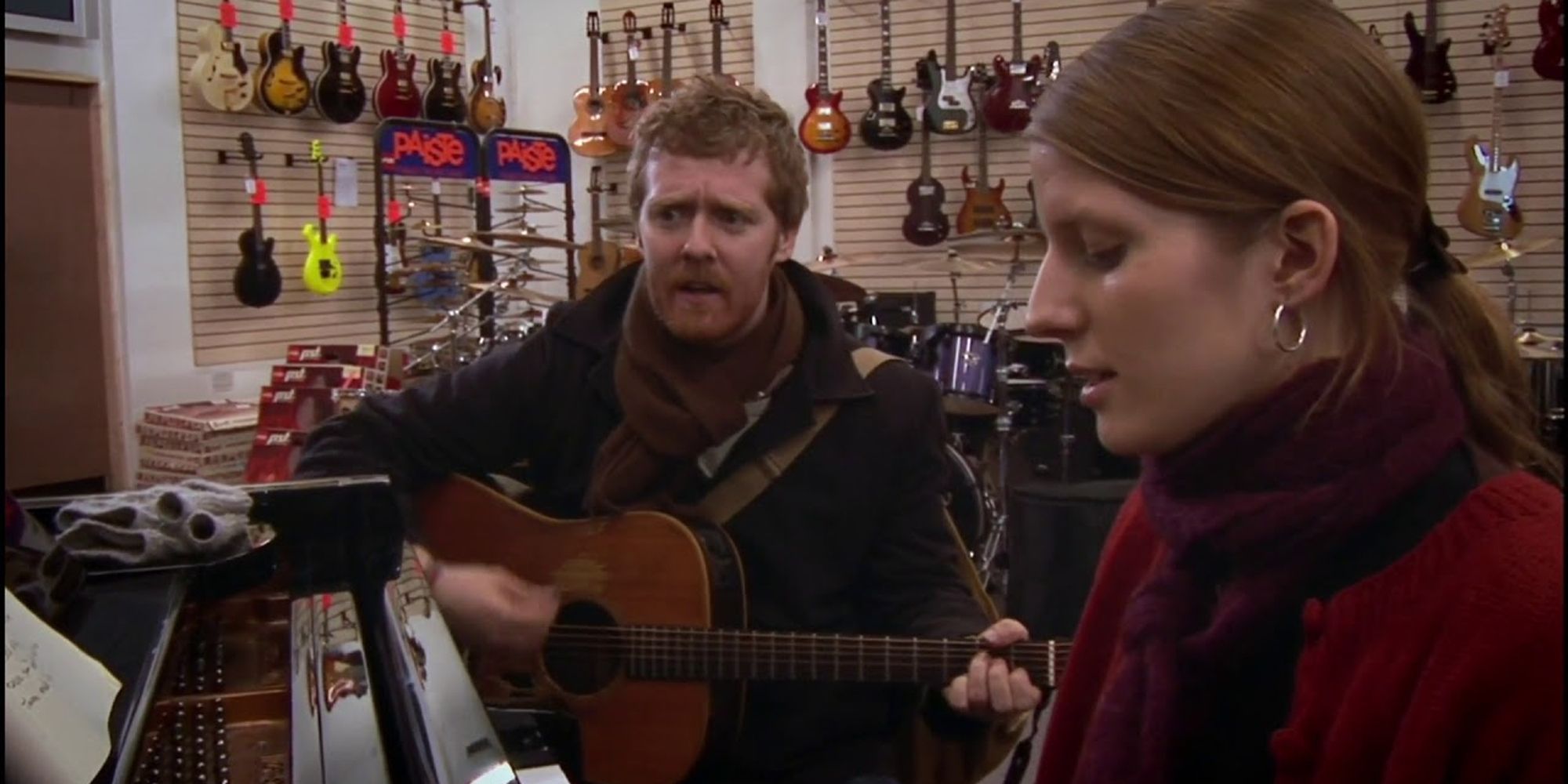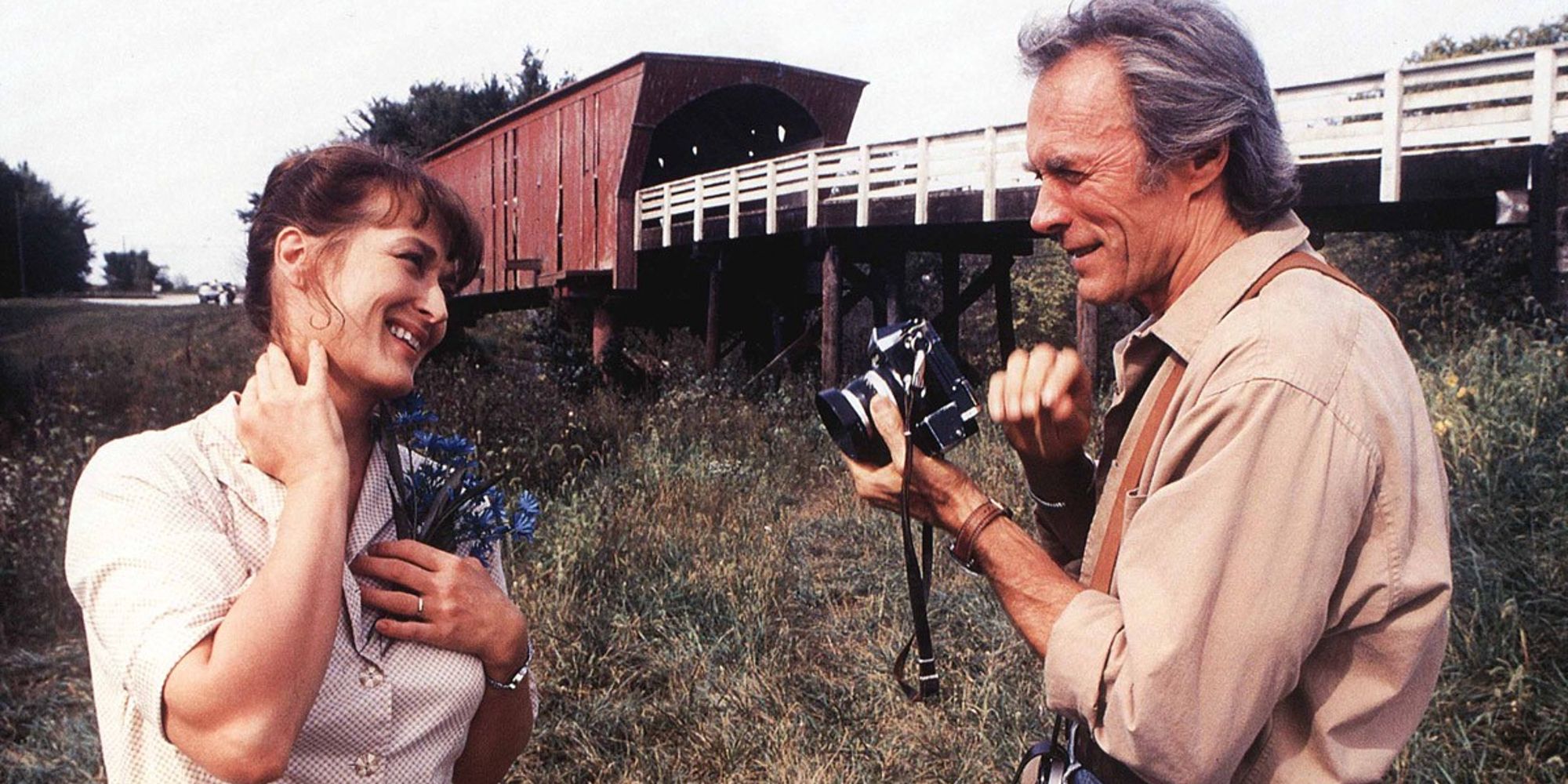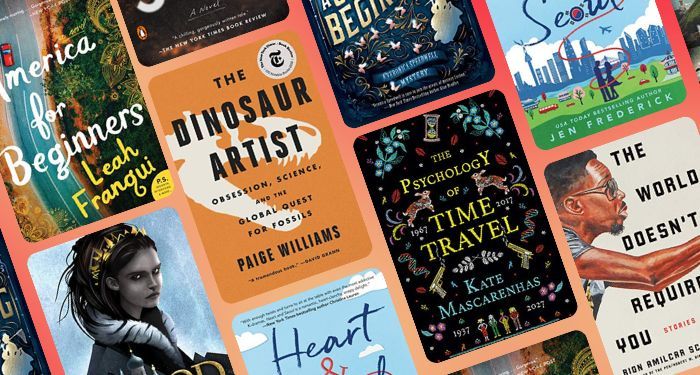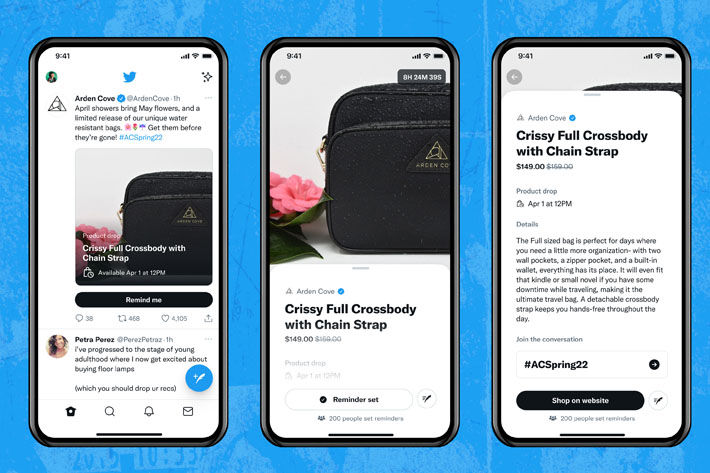From first love to a 50-year marriage, movies often do a better job than ourselves of explaining what the relationships in our lives can mean to us. However, it’s not just the connections that last a lifetime that we see reflected in film.
Sometimes, a connection can arrive when we least expect it and be gone before we have a chance to appreciate it. This is best seen in the subgenre known as the brief encounter film. Whether it’s a “right person at the wrong time” scenario or a tragic miscommunication, these movies light a spark between two characters, only for it to go away all too soon.
‘Before Sunrise’ (1995)
After Jesse (Ethan Hawke) shares a lovely conversation with Celine (Julie Delpy) on a train through Europe, he talks her into getting off in Vienna to spend the night with him. They walk the streets, meet the locals, and learn more about each other, all before Celine catches the next train in the morning.
Few films better encapsulate the awkwardness and the excitement of an instant connection with a stranger than Richard Linklater‘s masterpiece. While the belated sequels expand Jesse and Celine’s romance well beyond a brief encounter, the ambiguity of the film’s ending makes it stand alone as a staple in the brief encounter genre.
‘In The Mood For Love’ (2000)
In 1960s Hong Kong, journalist Chow (Tony Leung) and secretary Shu (Maggie Cheung) move next to each other in a tiny apartment building. When they suspect their spouses are having a mutual affair, they spend more time together, eventually forming a connection of their own.
Wong Kar-Wai’s understated masterpiece is an insightful look at the difficulties of love when it conflicts with traditional and societal expectations. Despite their partners’ infidelity, Chow and Su refuse to break their marital vows, forcing them to express their feelings for each other passively. Their romance forms in stray glances and comfortable silences, creating a clearer sense of desperate longing than any amount of dialogue could achieve.
‘Brief Encounter’ (1945)
After meeting a doctor named Alec (Trevor Howard) in passing, suburban housewife Laura (Celia Johnson) finds herself running into him more regularly. As they spend more time together, Alec and Laura find their connection deeper than a friendship, and the two find themselves caught between their desires and morality.
Both due to its themes and its namesake, David Lean’s beloved classic is the origin of the brief encounter genre. Somewhat ahead of its time in depicting this affair, the film is layered and nuanced in its approach to the material. Laura’s husband is not a bad person; she’s simply fallen out of love with him but is forced to reconcile with her commitment. It’s a bittersweet tale of love’s occasionally awful timing and the impact it leaves on our lives when it’s gone.
‘Lost in Translation’ (2003)
Fading movie star Bob Harris (Bill Murray) travels to Tokyo to shoot advertisements for Japanese whiskey. While there, he feels isolated and overwhelmed by the city’s sensory overload until he meets recent college graduate Charlotte (Scarlett Johansson) at the hotel bar. Throughout the duration of their stay, the two form an unlikely friendship.
Sofia Coppola‘s Lost in Translation explores the nuances of a connection between two people beyond the limitations of traditional romance. What Bob and Charlotte feel for each other could very well be romantic, but given their vastly different places in life, the mutual comfort and understanding they share becomes far more valuable.
‘Weekend’ (2011)
After meeting at a club and spending the night together, Russell (Tom Cullen) and Glen (Chris New) form an instant connection. Unfortunately, they only have two days until Glen travels across the country for art school.
Weekend is a grounded and sensitive look at modern relationships, specifically in the gay community. Improvisational dialogue and strong performances from New and Cullen sell the central chemistry, creating what feels like a documentary-like look at real people rather than characters in a movie.
‘Jackie Brown’ (1997)
When flight attendant Jackie Brown (Pam Grier) is caught smuggling money for drug dealer Ordell Robbie (Samuel L. Jackson), the ATF enlists her to help them bust Robbie. Bondsman Max Cherry (Robert Forster) is caught in the middle, who develops unexpected feelings for Jackie.
At first glance, Jackie Brown may appear to be more crime thriller than a love story. However, what makes the film so unique is the brief encounter romance at the heart of it, a rare sight in Quentin Tarantino’s filmography. By the film’s climax, we’re more concerned with Jackie and Max’s future than the superficial crime plot, thanks to subtle writing and surprisingly sweet chemistry between Grier and Forster.
‘Call Me By Your Name’ (2017)
In the summer of 1983, doctoral student Oliver (Armie Hammer) visits the family of Elio Perlman (Timothee Chalamet) in Italy, interning for Elio’s father. As the summer progresses, the two form a bond, surprising them both and giving them a summer neither will soon forget.
Director Luca Guadagnino films this adaptation of Andre Aciman’s novel of the same name with a bright and painterly glow, capturing the feel of a perfect yet temporary summer. The tone works in harmony with Elio and Oliver’s romance which, while special, is destined to dissolve eventually. Their moments together are treated with a gentle intimacy not often seen in similar films, beautifully detailing the fragility of one’s first love.
‘Once’ (2007)
Playing his guitar on the streets of Dublin, Guy (Glen Hansard) meets Girl (Marketa Irglova), a Czech flower seller, when she watches him play. They soon begin collaborating on a music project, and while Guy learns Girl has a husband back home, he nonetheless begins to fall for her.
John Carney‘s musical romance achieved surprise box office success and critical acclaim, kicking off a long-lasting cult following. Hansard wrote the music himself, garnering two Grammy nominations and many other accolades. The passionate soundtrack combined with Hansard and Marketa’s genuine chemistry delivers a bittersweet love story that elevates itself beyond its low-budget beginnings.
‘The Bridges of Madison County’ (1995)
In 1965 Iowa, unfulfilled housewife Francesca (Meryl Streep) stays home alone for four days while her husband and children visit the state fair. During that time, she meets photographer Robert (Clint Eastwood), who is visiting the area to take pictures of local bridges. The two soon form a bond, sharing a brief yet intimate affair.
A distinctly sensitive directorial turn from Eastwood, Bridges of Madison County examines the idea of meeting that perfect someone when your life is already seemingly set in stone. The perfect harmony of Streep and Eastwood’s gently nuanced performances is as surprising as it is emotionally affecting. The youthfulness they draw from each other throughout sells every unspoken moment and its impact on Francesca’s life long after their brief encounter.
‘Columbus’ (2017)
Jin (John Cho), son of a well-known architect, travels from South Korea to Columbus, Indiana, to visit his father, who recently fell into a coma. During his stay, he meets Casey (Haley Lu Richardson), a local librarian. The two spend the following days admiring the town’s architecture and learning about their parallel struggles in life.
Director Kogonada brings a picturesque style and patient storytelling to the authentic conversations that unfold between the two leads. Cho finally gets to shine as a leading man, quietly adding depth to a conflicted Jin, while Richardson’s vulnerability is affectingly relatable. Never spelling out its message, Columbus beautifully conveys its themes through the striking imagery of enduring structures contrasted with a fleeting, short-lived romance.
























































![Key Metrics for Social Media Marketing [Infographic] Key Metrics for Social Media Marketing [Infographic]](https://www.socialmediatoday.com/imgproxy/nP1lliSbrTbUmhFV6RdAz9qJZFvsstq3IG6orLUMMls/g:ce/rs:fit:770:435/bG9jYWw6Ly8vZGl2ZWltYWdlL3NvY2lhbF9tZWRpYV9yb2lfaW5vZ3JhcGhpYzIucG5n.webp)


